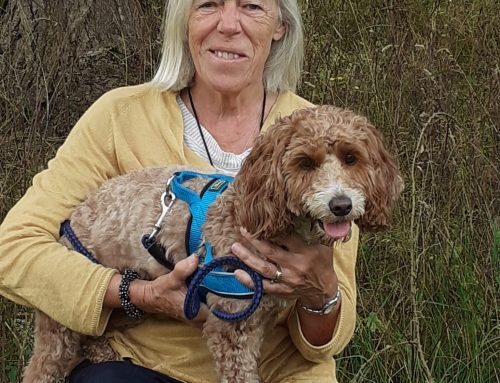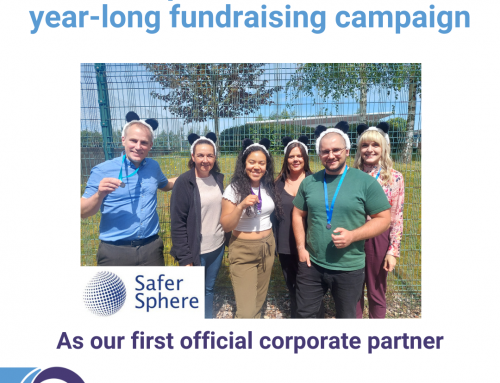 National Autistic Society PDA Conference 2016 – A brief overview of the day
National Autistic Society PDA Conference 2016 – A brief overview of the day
Thursday October 6th 2016 was the date of the 5th annual PDA conference organised by the National Autistic Society and was a rare opportunity to hear experts in the field discussing best practice. There were around 180 attendees, with an approximate 50/50 split between parents and professionals.
Some key messages from conference speakers are shown below.
- Phil Christie reminded us that understanding of PDA is still in its infancy, but with increasing research and clinical experience our understanding is continuing to evolve. There were nods of recognition from the audience as we heard descriptions of the way in which anxiety underpins the need to control things and of the different levels of avoidant behaviour, from distraction to meltdowns.
- Ruth Fidler was clear that children and young people are helped by creative and flexible approaches, which are so different from the strategies that work with other ASD children. But that being ‘tuned in’ to the level of tolerance of demands that someone with PDA has at any particular time is essential too.
- Dr Ashton-Smith also highlighted the essential work needed to help identify girls with both PDA and other forms of ASD. Many remain undiagnosed, or are incorrectly diagnosed, and it is only by getting this right that the correct help can be given
- Three wonderful researchers from Newcastle talked of the underlying ‘intolerance of uncertainty’ which seems to generate the need for control in young people with PDA (their work will be published next year)
- Dr Egan highlighted the difficulties in the development of their sense of ‘identity’ and the need for interventions that support self esteem, teaching compassion and kindness. His work with adults positively showed that a majority were employed.
- Julia Daunt and Jane Sherwin also gave powerful personal accounts which pulled no punches, but gave hope for the futures of those with PDA.
Please also see our Twitter account @PDASociety to see some live tweets from the day recapping on key points.
It was an interesting, helpful and thought-provoking day for all attending. There was a real buzz around the PDA Society stand and it feels that, whilst there is still a long way to go in terms of widespread recognition of the condition, there’s definitely growing awareness and understanding of PDA.





